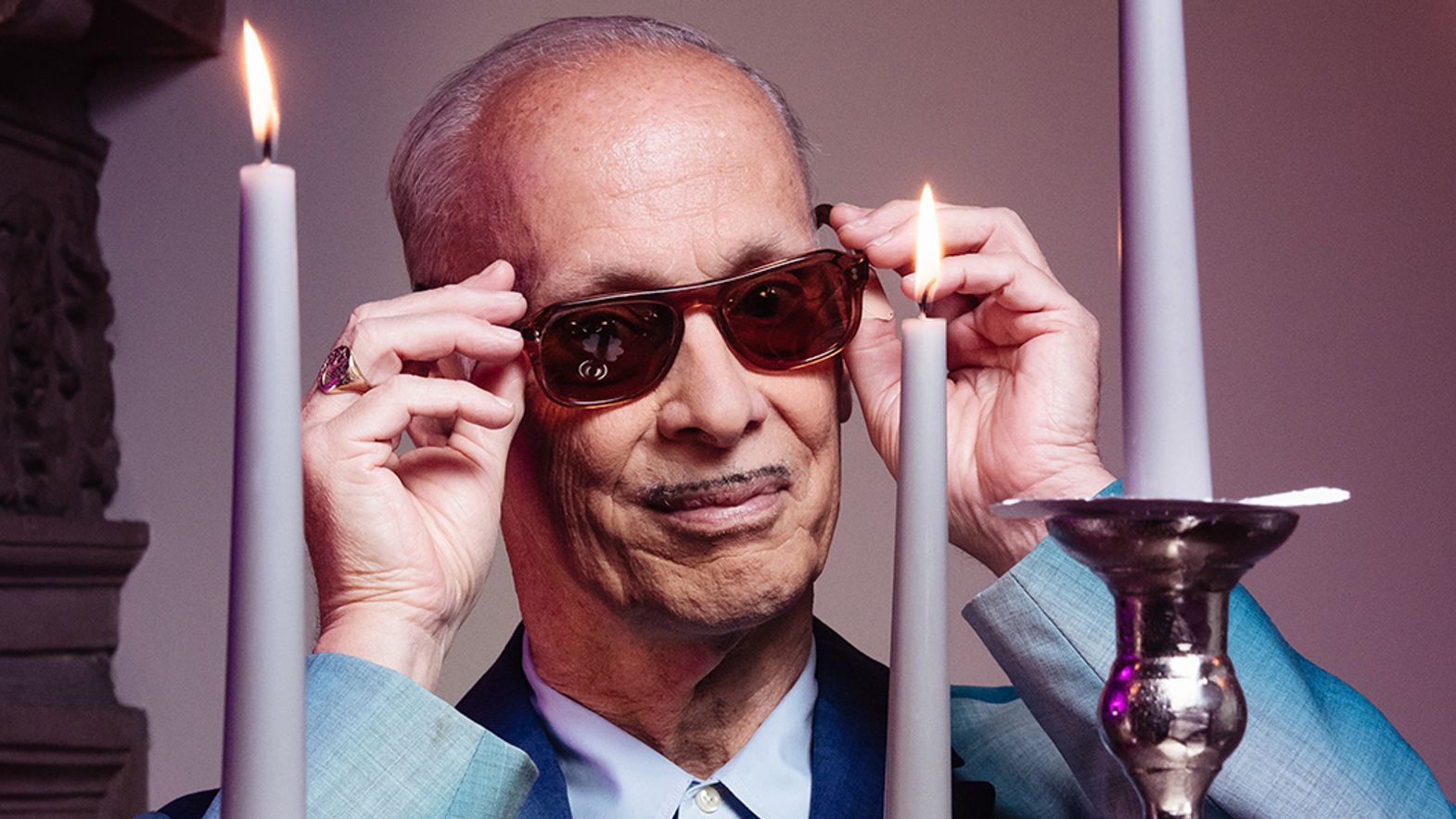John Waters, the prize that you are to receive from the Locarno Film Festival recognizes your achievements throughout your filmmaking career. Your filmography comprises great works that, despite their individual differences, have never been without the cutting edge of your trademark transgressive, provocative approach. Where did that cutting edge come from and how have you kept it sharp for so long?
The cutting edge comes from early rebellion from the rules I felt were crushing me right from the beginning of childhood. But I soon learned humor was better than anger and if I could make my enemies laugh they might be stunned for a second and then begin to listen to me or at least consider changing their minds. It lasted because I concentrated in my career on making fun of things I loved.
The “Pope of Trash” nickname has clung to you for years. Is it a fair label? And what does “trash” mean to you as an aesthetic category?
Well, William Burroughs gave me that name so it almost felt like I had been anointed by a higher power. All my “titles” (Prince of Puke, The People’s Pervert, The Duke of Dirt) were said in humor and support so I embraced them all. Trash mutated into filth and now is the basis for all mainstream American humor.
Divine was surely one of the most important people you ever met in your artistic career and personal life. What did Divine mean for you, privately first and foremost, but also as a character and personality?
Divine on screen could stand for every outsider and appealed to all minorities who couldn’t even get along inside their own minority. To me Divine was punk before there was such a thing but never “camp”. He had no desire to be a woman - if he wanted to “pass” as anything it was as a monster. I thought up his fictitious early character to scare hippies. In my personal life, he was a generous friend, a kind man and very different than the characters he portrayed on screen. I’m still shocked he’s dead.
You became a benchmark for independent filmmaking, partly because of your skill at making the movies you wanted to make on very low budgets. Was that your choice or by force of circumstances?
“Skill” is debatable. I learned from experience and had no choice but to make a film on no money. But isn’t that how every young filmmaker starts out? Nobody knows what they are doing in the beginning but that’s where nerve, insanity and crazy ambition get born and launched out of necessity.
Again, from the independent filmmaking point of view, how has the scene changed today? Has it become harder to carve out the sense of freedom that you managed to cultivate?
Much harder today as far as budgets in independent cinema in USA. What used to be a routine budget of six million is now one million yet the distributers still want movie stars. It’s easier in that every studio is looking for the next lunatic kid making a film for nothing and once it hits, they offer that young director a 70-million-dollar super hero movie and then bully him or her into doing what they want and when it bombs, the young filmmaker’s career is over before it had a chance to begin...
In Piazza Grande, an audience of 8,000 will get to see your film Cecil B. Demented, which, among other things is a keen satire on Hollywood. Have you always had a love-hate relationship with Hollywood and its icons?
Nope, I’d call it a love-love relationship... I got paid a large salary to make this movie, it didn’t do well at box office and I kept on going. 8000? Maybe that’s more than saw it in Switzerland in its initial theatrical release!
Many of your films enjoyed great success and were recognized as milestones only years after they were first released. Why do you think that was? And what kind of rapport should a filmmaker have with his own time?
That is true but the studios don’t want “cult” or classics-come-lately. They want big box office the first week it opens. Sometimes it takes a while for the trash to go down the sewer in a proper way and I am lucky that the fans have passed on good word of mouth to the next generation so my movies can last and not be recyclable...
Your cinema brought Andy Warhol, Jack Smith and Pier Paolo Pasolini together in spirit. Is there any other actor or director who was a guiding star as you learned the art of moviemaking?
Oh, yes. The Kuchar Brothers, Ingmar Bergman, Russ Meyer, and Joseph Losey. Today I love Gaspar Noe, Bruno Dumont, Todd Solondz, and Lars Von Trier.
Looking back over your professional career, do you have any regrets about anything that you would have liked to do but were unable to for one reason or another?
The only regret I have in my real life is smoking cigarettes. I never had my characters smoke in my movies because of continuity problems in the editing room; cutting back and forth to different lengths of the cigarette was maddening and I learned that early.
